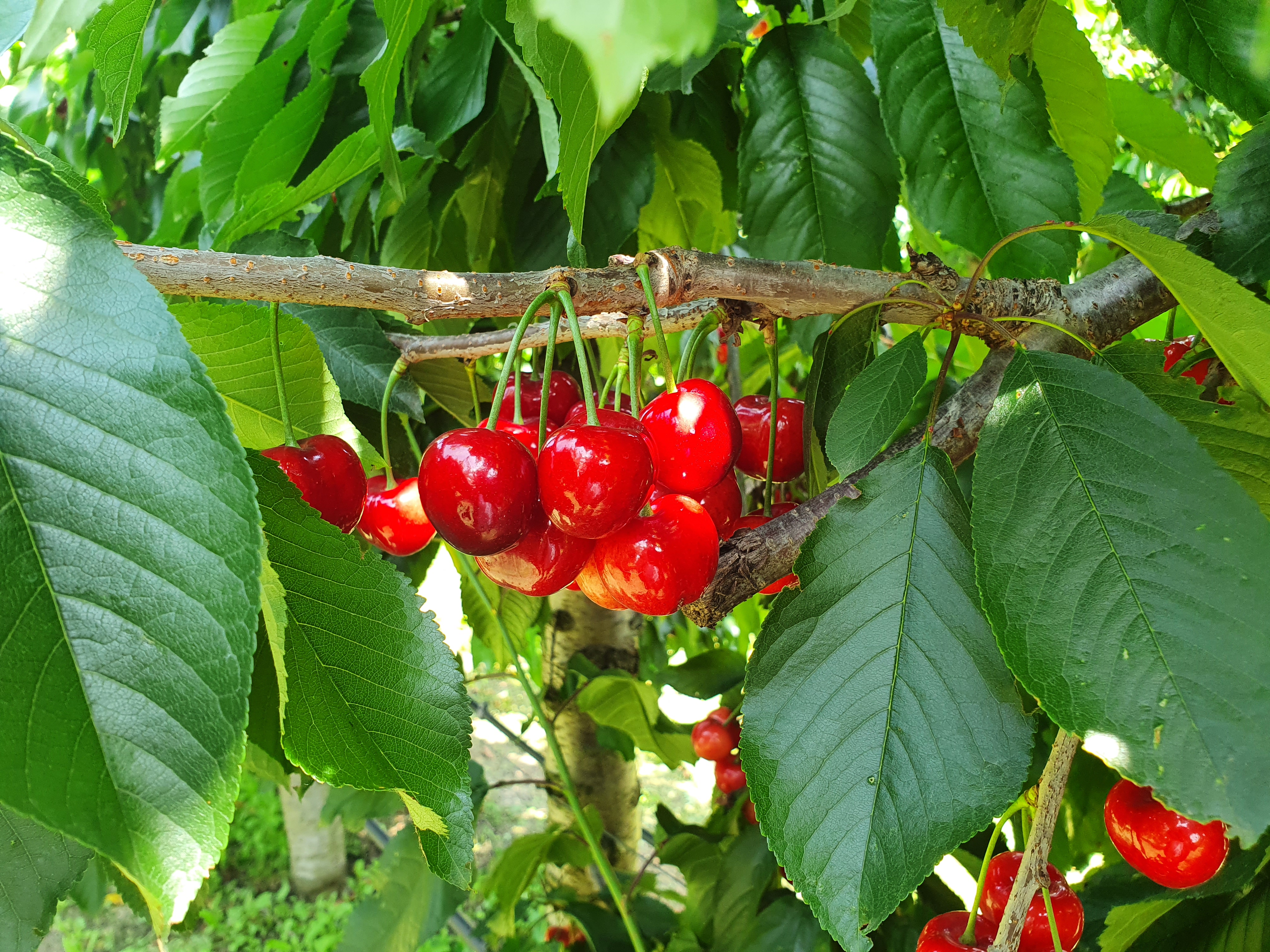The 2025 cherry season in the Veronese Hills has just come to an end, marking another important chapter for one of the fruit-growing excellences of the Verona area.
It was a challenging year, affected by adverse weather conditions, yet it showcased the strength of the sector and the development of an increasingly recognizable identity.
Production down, but...
The unusually low spring temperatures had a negative impact on the fruit setting phase, leading to a drop in cherry production of between 30% and 40%.
Nevertheless, producers can breathe a sigh of relief: market prices remained at satisfactory levels, rewarding the quality of the offering.
“Despite the difficult start,” explains Giorgio Girardi, economic manager of Coldiretti Verona, “the season had positive outcomes thanks to a market that recognizes the value of Veronese cherries, which are increasingly associated with a distinctive and appreciated image among consumers.”
Technology and short supply chain
High standards are ensured by the work of LC Fruit, the only company in the province of Verona specializing in cherry processing for large-scale retail.
“Through cutting-edge selection and preservation technologies,” says Alessio Costa, owner of the company, “we are able to meet the demands of retailers in terms of quality, size, color, and packaging, while maximizing local production.”
Costa also highlights the tangible support for farmers: “Our facilities allow producers to focus mainly on harvesting, while we take care of all the subsequent phases, including both external and internal fruit selection, to ensure a flawless product suitable for the most demanding markets.”
Territorial identity and future goal
The Cherry of the Veronese Hills Association, led by Davide Danese, president of the Montecchia di Crosara Cherry Market, also contributes to strengthening the product’s identity.
“Our market,” emphasizes Danese, “has over fifty years of history and gathers cherries from across the Val d’Alpone. The territorial brand represents a strategic breakthrough to further enhance the recognition of our cherries, which are already well known.”
The next goal? Obtaining the PGI (Protected Geographical Indication) label, for which Coldiretti has been working for five years, aiming to strengthen the reputation of the Cherry of the Veronese Hills also on international markets.
Quality criteria
Only producers who meet specific standards can use the “Cherry of the Veronese Hills” label: these include certified origin, compliance with size requirements – 26+ for 2 kg packages, 24+ for baskets – and the exclusion of early varieties.
A rigorous choice, confirming the intention to focus on quality as a driver of growth and local value enhancement.
Source: veronaoggi.it
Cherry Times - All rights reserved










